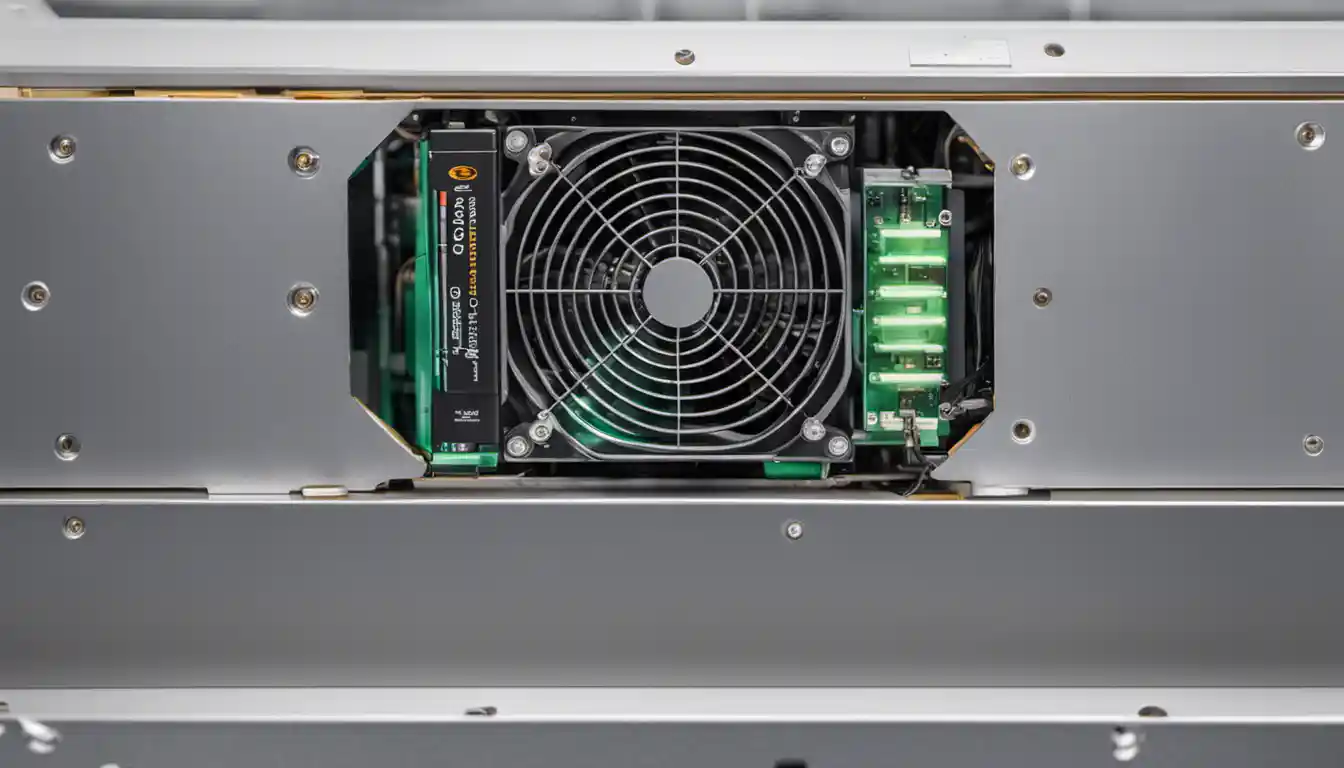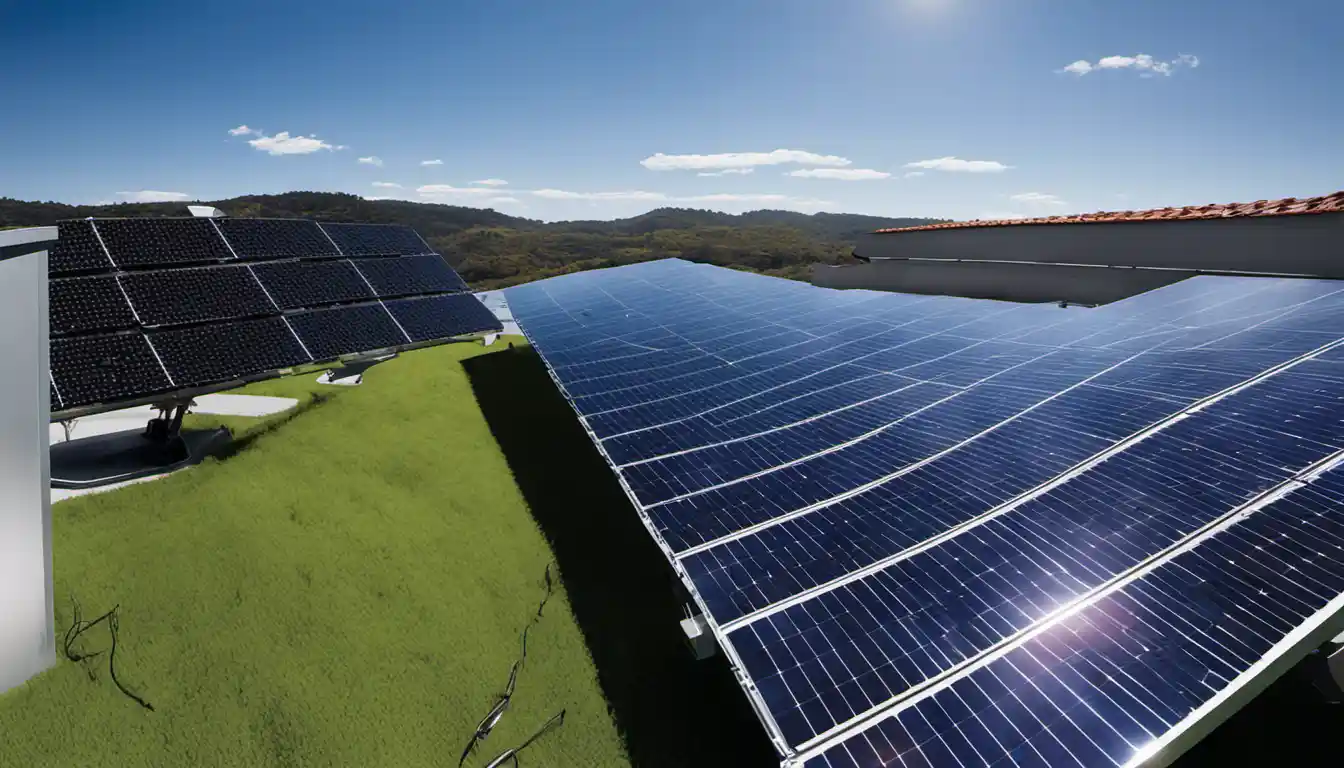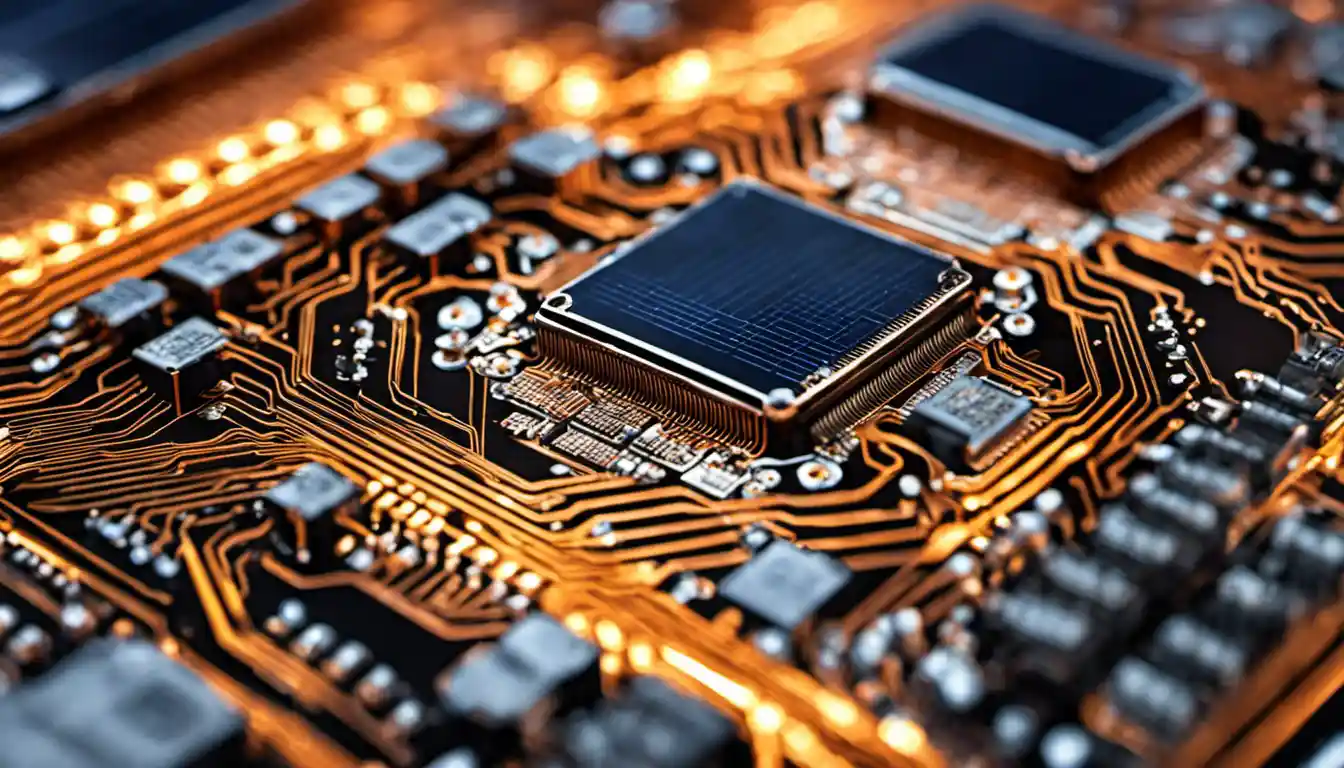Understanding Solar Inverter Issues
Solar inverter problems often include issues like the inverter not turning on, irregularity in power output, or fault codes displaying. Solutions typically involve checking power connections, inspecting for possible damages in the solar panel array, resetting the inverter, or contacting professional service. Regular maintenance can also prevent these problems from occurring.
Why Would a Solar Inverter Stop Working?
There are several reasons behind a non-functioning solar inverter. These include incorrect installation, overheating, reverse polarity connection, or even internal component faults. It’s essential to diagnose the problem correctly. Indeed, it’s no good asking ‘why is my solar inverter not working?’ without understanding the potential factors that may have caused this situation.
See also: Why Your Inverter Fan Keeps Running
The Consequences of Faulty Solar Inverter Installation
A faulty installation of your system can lead to numerous solar inverter problems. For instance, an inappropriately mounted inverter exposed to weather elements could incur damage and malfunction. Or, should the inverter be incorrectly wired to the solar panels, operating inefficiencies, or even complete system failures could occur.
See also: What It Means When Inverter Beeps
The Impact of Overheating on Solar Inverters

Overheating is a common issue that can affect the performance of your solar inverter. Excessive heat can cause the inverter to shut down, reducing the efficiency of your solar system. With practices like proper ventilation and regular cleaning of the air intake filters, you can prevent your inverter from reaching dangerously high temperatures. Check out our detailed post, “Do Solar Inverters Get Hot”, to understand why and how solar inverters might overheat and the steps to prevent it.
See also: What Happens When My Inverter Goes Bad?
What is Reverse Polarity Connection in Solar Inverters and Why is it Problematic?
Reverse polarity connection happens when the positive and negative wires from the solar panels are connected in the wrong order to the solar inverter. This can cause significant damage to your solar inverter and possibly void the warranty. Always consult with a professional if you suspect a reverse polarity issue.
See also: Why Inverter Inverter Fans Make A Noise
Common Problems and Their Solutions
See also: Inverter Not Switching To Mains (Solutions)
Solar Inverter not Charging the Battery
One common problem with solar inverters can be the inability to charge the batteries adequately. This might be due to a problem with the charge controller, a faulty battery, or an issue with the connections between the inverter and the battery. Regular inspection and replacement of the wiring and battery (if faulty) can help rectify this issue.
See also: Why Does My Inverter Keep Shutting Off?
Handling Excessive High Battery Voltage Reading

An abnormally high battery voltage reading can be a sign of a malfunctioning charge controller. The controller might be feeding too much power to the battery, causing the high voltage. Resetting the charge controller, or in severe situations, replacing it, can resolve this solar inverter issue.
See also: Will An Inverter Increase My Electricity Bill?
Dealing with Loading Errors
Loading errors or load rejection occur when the solar inverter is unable to deliver the electricity it generates to the load or grid. This could be due to issues with the grid or power surges in your home or office. Regular inspection of the grid and home appliances can help avert this problem.
See also: Inverter Showing Overload Without Load (Reset Solutions)
What to Do When the Fault Line is Active, But the AC Load is Not
When your inverter indicates a fault line, but there’s no AC load, the problem could be with your circuit breaker or your AC output wiring. Try checking and resetting your circuit breaker, and inspect your AC output wiring for any signs of damage or loose connections.
See also: What Does The Fault Light Mean On A Power Inverter?
Resolving Improper Load Disconnection Problems

If your solar inverter disconnects from the load improperly, it could result in system instability. This is typically a programming issue, and it’s best to consult with a professional or the manufacturer’s guide to recalibrate the settings.
For the rest of the common solar inverter problems, solutions could range from replacing fused short circuits in arrays, rectifying isolation faults to understanding why inverters fail to restart after a grid fault. Also, be thorough about the MPPT module’s purpose and how it could contribute to your solar inverter not working.
See also: How To Stop Fan Noise On Inverter (+ 7 Mistakes)
Simple Guidelines for Resetting a Solar Inverter
During your solar inverter problems and solutions tour, knowing how to reset your solar inverter correctly is crucial. But this shouldn’t be embraced without understanding the potential dangers. For instance, a reverse polarity connection could be harmful when disconnecting and resetting your solar inverter. Always follow the manufacturer’s process to turn off and on the solar inverter for reset.
See also: Test Inverter Without Battery (Steps For Best Practice)
Solar Inverter Maintenance Guide
Maintaining your solar inverter can help prolong its lifespan and keep it operating efficiently. Frequently check for error codes, keep the inverter at a comfortable temperature, and clean the intake air filter. Harnessing solar monitoring technology can also ensure you’re notified whenever there’s a solar inverter issue.
See also: How to Read Solar Inverter Display: A Comprehensive Guide for Beginners
Dealing with Persistent Solar Inverter Problems
Persistent solar inverter issues require a comprehensive approach for resolution. Conducting a power cycle can help resolve many inverter issues. But when in doubt, always consult a solar specialist to tackle complicated problems effectively.
Remember, no guide on solar inverter problems and solutions is complete without considering your well-being. So, stay safe while exploring solutions to solar inverter issues. If at any point you’re unsure about what to do, consult a professional who can assess and rectify the problem effectively and safely.
See also: Solar Inverter Maintenance: Your Comprehensive Guide to Optimize Performance



